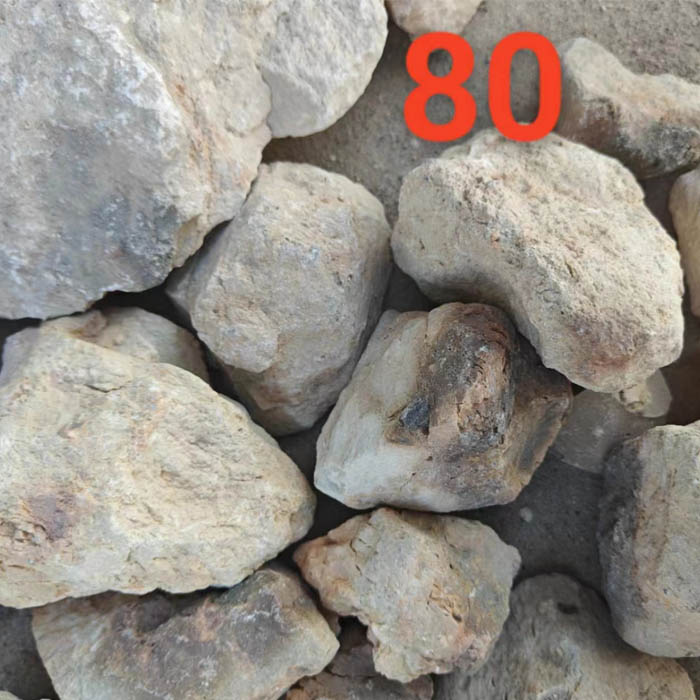Aug . 01, 2024 06:01 Back to list
Selecting the Right Materials for Underwater Pipe Insulation Solutions from Leading Manufacturers
Pipe Insulation Under Water Key Materials and Manufacturers
Pipe insulation is a critical component in various industries, including oil and gas, chemical processing, and marine applications. When it comes to under-water environments, the choice of insulation material becomes even more crucial due to the unique challenges posed by moisture, pressure, and temperature fluctuations. This article explores the materials typically used for underwater pipe insulation and highlights some leading manufacturers in the field.
Importance of Pipe Insulation
Effective pipe insulation helps in
1. Thermal Protection It minimizes heat loss or gain, ensuring the efficiency of heating or cooling systems. 2. Condensation Management Insulation prevents condensation on cold pipes, which can lead to corrosion and other structural issues. 3. Acoustic Dampening Insulation can reduce noise transmission, which is particularly beneficial in underwater facilities. 4. Energy Efficiency By maintaining optimal temperatures, insulation enhances the overall energy efficiency of the system.
When selecting materials for underwater pipe insulation, factors such as water resistance, durability, and thermal conductivity must be considered.
Common Materials for Underwater Pipe Insulation
1. Polyurethane Foam Polyurethane is known for its excellent thermal insulation properties and is commonly used in various applications. Its closed-cell structure makes it resistant to water absorption, which is ideal for underwater settings. Additionally, polyurethane can withstand extreme temperatures, making it suitable for both hot and cold pipelines.
2. Extruded Polystyrene (XPS) XPS boards offer high compressive strength and moisture resistance. They are often used in submerged applications due to their low thermal conductivity and ability to withstand prolonged exposure to water. Manufacturers are developing specific formulations that enhance their performance in underwater settings.
3. Mineral Wool Although it has lower water resistance compared to foam alternatives, mineral wool can be treated with hydrophobic coatings to improve its moisture resistance. It is valued for its fire-resistant properties and sound insulation capabilities, making it a choice for insulating long pipelines.
4. Expanded Polystyrene (EPS) While not as robust as XPS, EPS is lightweight and provides good thermal insulation. Advanced formulations of EPS can enhance its moisture resistance, allowing it to be used in certain underwater applications.
material for pipe insulation under water manufacturers

5. Reflective Foil Insulation Reflective foil insulation works by reflecting radiant heat rather than absorbing it. This type of insulation is typically used in conjunction with other materials and is more commonly found in above-water applications but can sometimes be adapted for underwater use with proper sealing.
Notable Manufacturers
Several manufacturers are leading the charge in producing high-quality pipe insulation materials specifically designed for underwater applications
1. Henkel Known for their innovative products, Henkel offers a range of insulation solutions that can be customized for underwater environments, focusing on energy efficiency and durability.
2. Owens Corning They provide extruded polystyrene insulation primarily used in marine applications, known for its effective moisture resistance and structural integrity.
3. Rockwool International This firm specializes in mineral wool insulation, offering enhanced moisture-resistant options suitable for underwater pipelines.
4. Johns Manville A member of the Berkshire Hathaway family, Johns Manville offers a variety of insulation products, including custom solutions for unique underwater conditions.
5. Insultech A leading provider of insulation solutions, Insultech offers specialized products aimed at protecting pipelines against harsh underwater environments.
Conclusion
Selecting the right insulation material for underwater piping systems is vital for ensuring efficient operation and extending the lifespan of the infrastructure. With various materials available, from polyurethane foam to mineral wool, companies can choose the best solution to meet their specific needs. As technology advances and manufacturers like Henkel and Owens Corning continue to innovate, the future of underwater pipe insulation looks promising, supporting the demands of modern industries.
-
Eco-Friendly Granule Covering Agent | Dust & Caking Control
NewsAug.06,2025
-
Fe-C Composite Pellets for BOF: High-Efficiency & Cost-Saving
NewsAug.05,2025
-
Premium Tundish Covering Agents Exporters | High Purity
NewsAug.04,2025
-
Fe-C Composite Pellets for BOF | Efficient & Economical
NewsAug.03,2025
-
Top Tundish Covering Agent Exporters | Premium Quality Solutions
NewsAug.02,2025
-
First Bauxite Exporters | AI-Optimized Supply
NewsAug.01,2025
